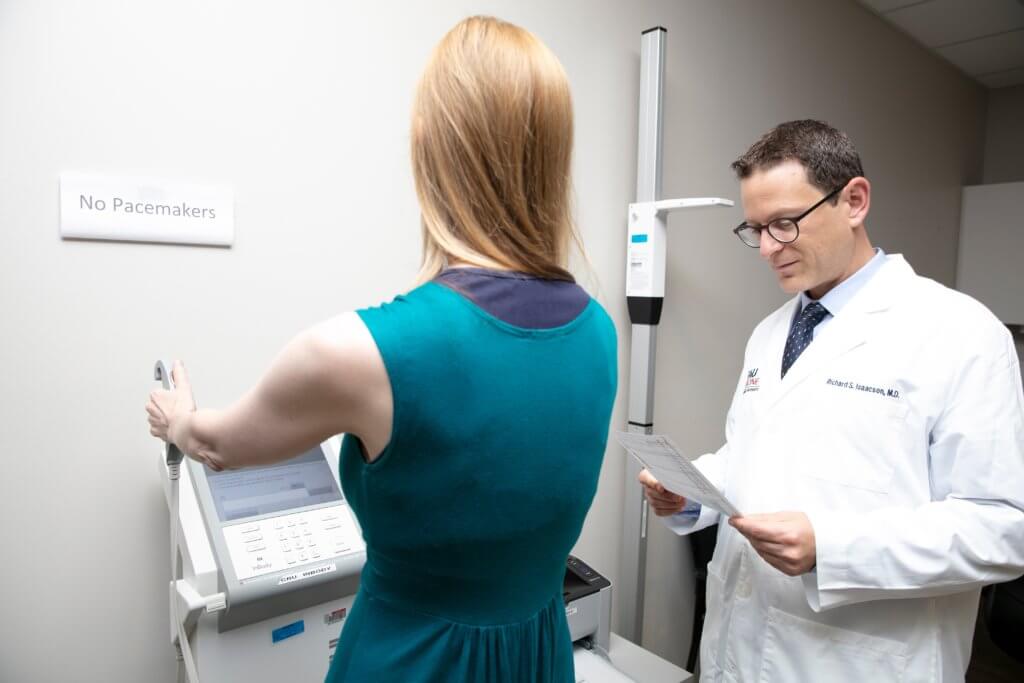While age is the leading risk factor for Alzheimer’s disease, sex takes a close second, with two-thirds of patients being female. Dr. Richard Isaacson, a leading neurologist and researcher at Florida State University, is the first along with a team from New York – Presbyterian/Weill Cornell Medicine to head a study defining how sex differences affect cognitive outcomes in patients who follow tailored interventions.
So far, studies have focused on the role of hormones and sex-specific risk factors when examining differences in Alzheimer’s disease risk, but none have explored it related to clinical practice.
To conduct the analysis, the researchers included 80 highly compliant participants in order to evaluate treatment effectiveness when taking a new approach to clinical interventions. They were then categorized by baseline diagnoses: normal cognition, subjective cognitive decline, and preclinical Alzheimer’s participants were classified as “Prevention.” Mild cognitive impairment due to Alzheimer’s disease and mild Alzheimer’s were classified as “Early Treatment.”
Participants also underwent baseline clinical evaluations including anthropometrics, a physical exam, cognitive assessment, and apolipoprotein (APOE-4 ) genotyping, which is the strongest Alzheimer’s disease indicator. According to their analyzed biomarker data, patients received individually-tailored recommendations accordingly.
The results showed that risk reduction care in an Alzheimer’s Prevention Clinic setting led to improvements in cognition in both women and men, without differences across sexes. However, in the Prevention group, women saw a greater improvement Multi-Ethnic Study of Atherosclerosis risk score (MESA) compared to men. Further, women in the Early Treatment group demonstrated significantly greater improvements in Cardiovascular Risk Factors, Aging and Incidence of Dementia (CAIDE) risk score and the MESA-RS.

“While care in an Alzheimer’s Prevention Clinic setting is equally effective at improving cognitive function in both women and men, our personally-tailored interventions led to greater improvements in women compared to men across Alzheimer’s and cardiovascular disease risk scales, as well blood biomarkers of risk such as blood sugar, LDL cholesterol, and the diabetes test HbA1C,” says Isaacson, in a statement.
The researchers believe that their findings are crucial to making meaningful breakthroughs in Alzheimer’s treatment.
“Our latest results suggest that the individualized management approach used by the CEDAR study in a real-world clinic may offer equal cognitive benefits to both women and men, as well as better mitigation of calculated Alzheimer’s disease and cardiovascular disease risk in women compared to men,” says Isaacson.
Isaacson and his team also agree that there’s a need for larger and more in-depth metabolic studies that focus on sex-differences and AD-related impairments.
The study is published in the Journal of Alzheimer’s Disease.












